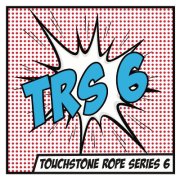The Touchstone Rope Series 6th competition is coming to Great Western Power Company this Friday from 5 p.m. to 10 p.m. This comp is guaranteed to be a ton of fun. There will be plenty of food, beer, temporary tattoos, new routes, lots of climbers and a great atmosphere to have high quality fun.

To prepare for the comp, it’s best to have a solid mental state. Don Mcgrath, the website coordinator at MasterRockClimber.com, interviewed long time climber and former Climbing editor, Matt Samet. Samet has established a number of difficult routes including some of RIfle Colorado’s 5.14 testpieces, a number of 5.13 R routes, and a few V10 highballs. Check out a bit of the interview below for some insight into having a solid mental state.
Q: How important is your mental state to your climbing performance?
A: For me I think it’s almost everything. If I had to put a number on it, I’d say it’s 95%. If you climb consistently and maintain a baseline level of fitness, it seems like your body is always ready. It seems like your body is always up to performing at probably close to your peak physical level. Almost every time I’ve failed or not pushed through to success, it was because my a mental issue. Either I wasn’t trying hard enough, I was scared, I was apprehensive, I didn’t put in the proper effort in the first place, or I was distracted.
Q: I find that it’s so intertwined. When I’m physically training a lot my mental fitness is much better. I have more self-efficacy.
A: That’s a really good point. It’s probably easier to find that groove more often when you’re fit, because you’re climbing a lot and because you know you can rely on yourself. On the contrary, you can be plenty fit and just not find that groove at all.
Q: Can you recall a time that demonstrated to you the importance of the mental aspect of climbing?
A: Back in 2000 or 2001, a few of us were into head-pointing poorly protected climbs around Boulder. We would top rope a climb and get it wired, then lead it. trying first ascents without bolts and we might top rope first to kind of wire them out. I was with my friend Steve Levine on a winter day in Eldorado Canyon, and we spied a short, but attractive line.
The protection consisted a some very small RPs supplemented by taped on hooks. It was pretty sketchy. The first time I tried to lead it, even having top roped it many times, I was very scared. I got up about twenty feet and it all of a sudden occurred to me that, “I can’t do this.” I recall saying to myself, “I have no business doing the next move. I don’t think I can do this. I really don’t belong here.” It wasn’t something physical that was keeping me from doing the crux move, I just could not stay calm. I tried to down climbing and I fell off right. One of the hooks caught me and it actually held. With the rope stretch I came down softly on the crash pad we had at the base of the climb.
Q: Did you try again?
A: When I tried it again, I got into that flow state. I was free of thought. I just climbed and completed the route without a problem. I was a little nervous leaving the ground, as you always are, but then I got caught up in the movement. The first time, I was thinking first and climbing second, and that’s what held me back.
Q: Since mental state is so critical, how do you mentally for climbing?
A: I don’t, and I probably should. I’ve never really done much mental or physical training. I used to solo a lot on the Flat Irons. I don’t know if that was training, so much as just being young and stupid.
I have meditated in the past, but that was to help with general life anxiety issues, not with climbing per se.
You can read the rest of the interview at http://masterrockclimber.com/interview-with-master-rock-climber-matt-samet/

